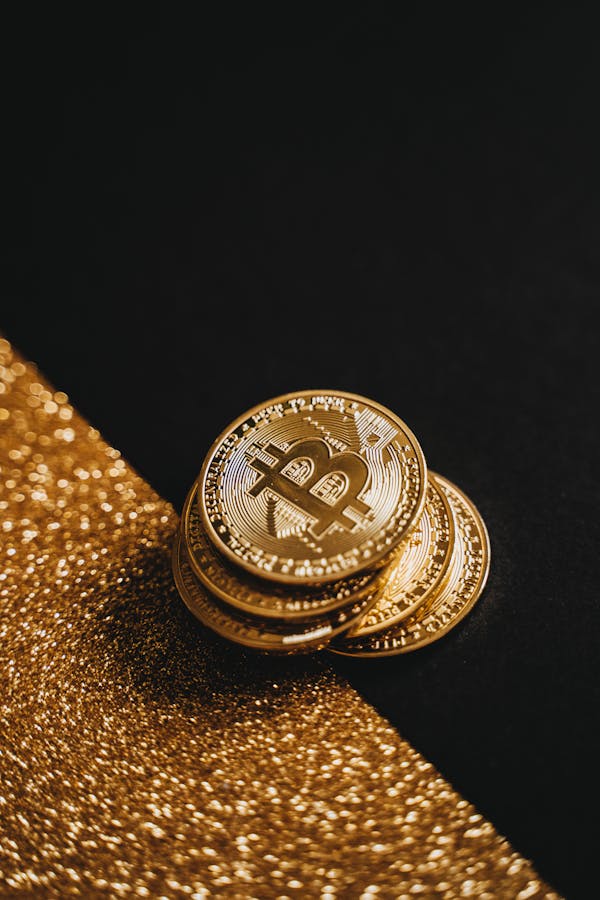How Bitcoin is Transforming Cross-Border Transactions
Bitcoin is digital money that lets people securely send each other value on the internet. It was created by a mysterious person or group in 2008. It operates as a decentralized network, meaning that no one controls it.
Its users share computing power to maintain the blockchain and verify transactions. The system consumes massive amounts of energy, according to the University of Cambridge’s online calculator. Get more information from source.
It’s a form of digital currency
Digital money enables people to transfer value across the Internet without the need for an intermediary like a bank, credit card company or lender. It can be used to buy goods or services and is backed by trust in the system. It is also private and secure, unlike credit cards that carry personal information in a database.

Bitcoin solves a fundamental problem of commerce on the Internet, making it possible for two parties to exchange value directly across borders without an intermediary. It does this by using the blockchain, a computerized database that records transactions on a decentralized network.
This means no single company or incidence can control Bitcoin. Instead, its users collectively help to run the protocol based on strict computer-coded rules. This gives bitcoin complete transparency and immutability, which many investors see as its key value drivers. In addition, it’s fast and cheap to use. Its first official commercial transaction took place in 2013 when a Florida resident Laszlo Hanyecz traded 10,000 bitcoins for two pizzas at a local Papa John’s.
It’s a medium of exchange
Bitcoin is a digital currency that allows people to securely send money over the internet. It is decentralized and based on cryptographic proof, instead of trust. Its value rises and falls, depending on demand. Some people buy it as an investment, hoping that its price will increase over time. Others use it to make purchases, and some businesses accept it as a form of payment.
The blockchain is a record of every transaction in the Bitcoin system. It is not controlled by any company or government, and anyone can join the network. It also allows for peer-to-peer transactions without a third party, a feature that many believe makes it ideal as a medium of exchange.
Despite its volatility, Bitcoin has a role to play in the global economy. Its underlying technology, blockchain, can be used to create more efficient and transparent financial systems, particularly in developing countries. For example, it could allow migrants to send remittances more quickly and inexpensively.
It’s a store of value
Bitcoin is often considered as a store of value, particularly because it can’t be inflated or subject to censorship. It’s also portable and divisible, with the smallest unit called a satoshi, named after Bitcoin’s creator. The cryptocurrency was designed to replace traditional money systems and take control of money away from centralized governments and third parties.
Unlike gold, Bitcoin isn’t subject to physical wear and tear and can be sent across the globe quickly and securely. Bitcoin’s decentralised nature and scarcity make it an attractive alternative to traditional assets.
However, it’s important to understand that cryptocurrencies are not guaranteed to hold their value. Like any asset, they’re susceptible to market volatility and may lose value. The best way to protect your investments is to diversify your portfolio with different stores of value. These include traditional government monies, commodities and digital currencies. Ideally, they should all offer durability, liquidity and portability.
It’s a speculative investment
Speculative investments are risky and trade at a lower price, but they have the potential to generate high returns. They can be a great way to diversify your portfolio, but be sure to research them carefully before investing. Investing in speculative stocks can lead to significant losses if the underlying company does not have a sustainable business model.
Bitcoin is a virtual currency that has been gaining popularity. Investors and speculators are purchasing the cryptocurrency because of its decentralized nature and the promise that it will continue to grow in value.
However, it has not proven to be a good investment for most people. It has no intrinsic value, and its scarcity does not add to its value either. The only reason it has value is because a computer algorithm mandates that its supply cannot exceed 21 million digital coins. That means that anyone who holds the cryptocurrency is a participant in “the greater fool” theory, which states that someone else will buy it at a higher price later on.